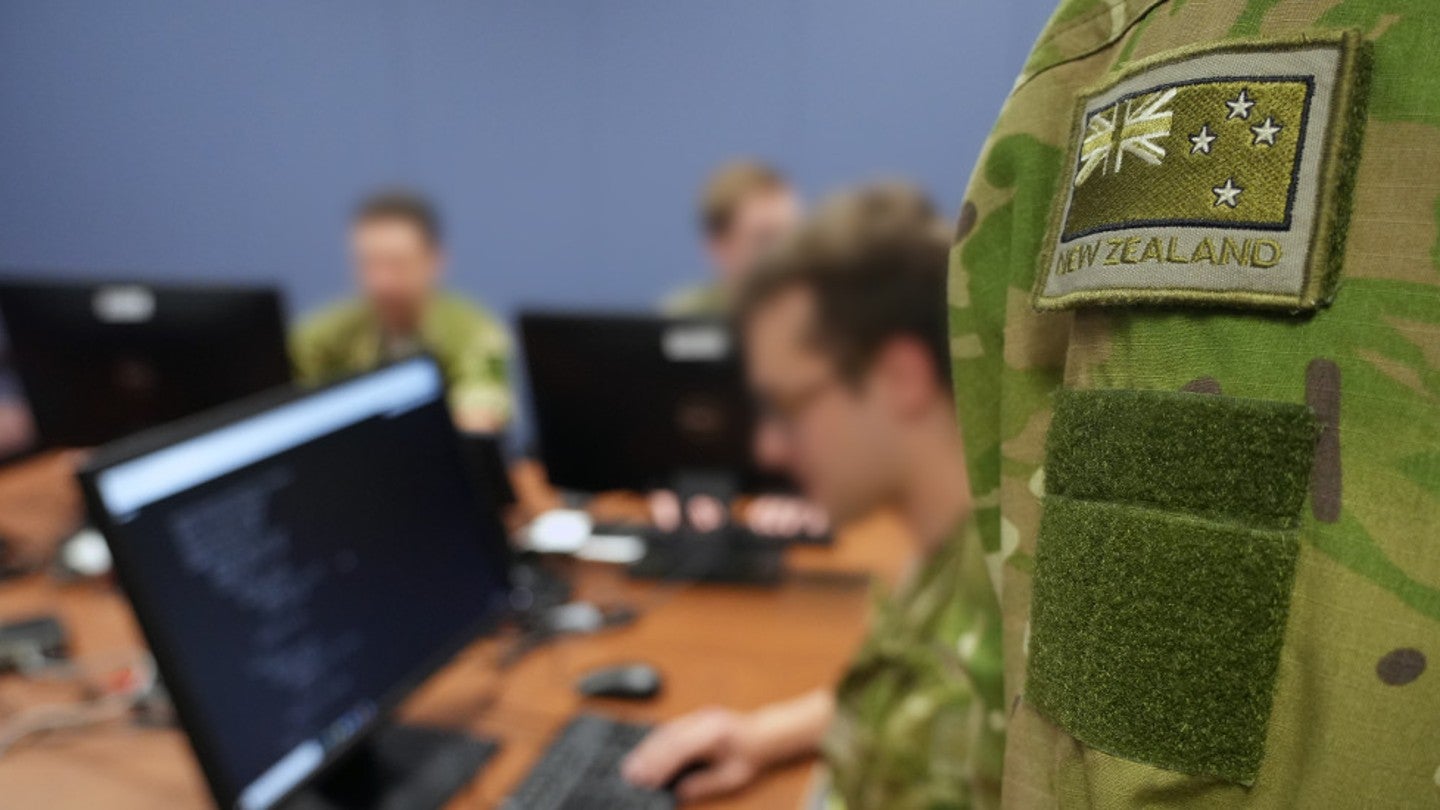
Around 11 personnel from the New Zealand Defence Force (NZDF) have been deployed to participate in the US military exercise, ‘Cyber Flag’, in Suffolk, Virginia.
The deployed NZDF personnel mainly belong to the New Zealand Army’s Land Component and Special Operations Component.

Discover B2B Marketing That Performs
Combine business intelligence and editorial excellence to reach engaged professionals across 36 leading media platforms.
The NZDF also deployed some of its Regular Force soldiers along with some part-time Army Reserve Force soldiers and a civilian from the NZDF’s Defence Cyber Security Centre.
After the Covid-19 pandemic, this was the first time the NZDF physically took part in this cyber defence exercise.
The training activity, which involved participation of various military partner nations, was hosted by the US Cyber Command.
The latest edition of this multinational exercise aimed to develop a community of military defensive cyber operators that can defend their nation against various modern digital threats.

US Tariffs are shifting - will you react or anticipate?
Don’t let policy changes catch you off guard. Stay proactive with real-time data and expert analysis.
By GlobalDataNZDF Land Communications and Information Systems director lieutenant colonel Jay McLeary said: “Exercises such as Cyber Flag provide New Zealand’s military cyber workforce a valuable opportunity to collaborate with, and then test their mettle against, their closest partner military cyber peers in dealing with complex digital threats.
“It’s a unique opportunity for our personnel to test their skills in a different environment and is essential for our people to be ready.”
Another main objective of this exercise was to enhance the overall readiness and capabilities of the multinational defence forces’ personnel, while equipping them with capabilities to defend their critical networks and infrastructure.
The exercise also aimed to help in improving the overall conduct of integrated military cyberspace operations.
McLeary added: “The ability to share tactics, techniques and procedures between partners is fantastic for developing best practices around specialised skills such as cyber intelligence, monitoring, incident response and threat-hunting operations.”





